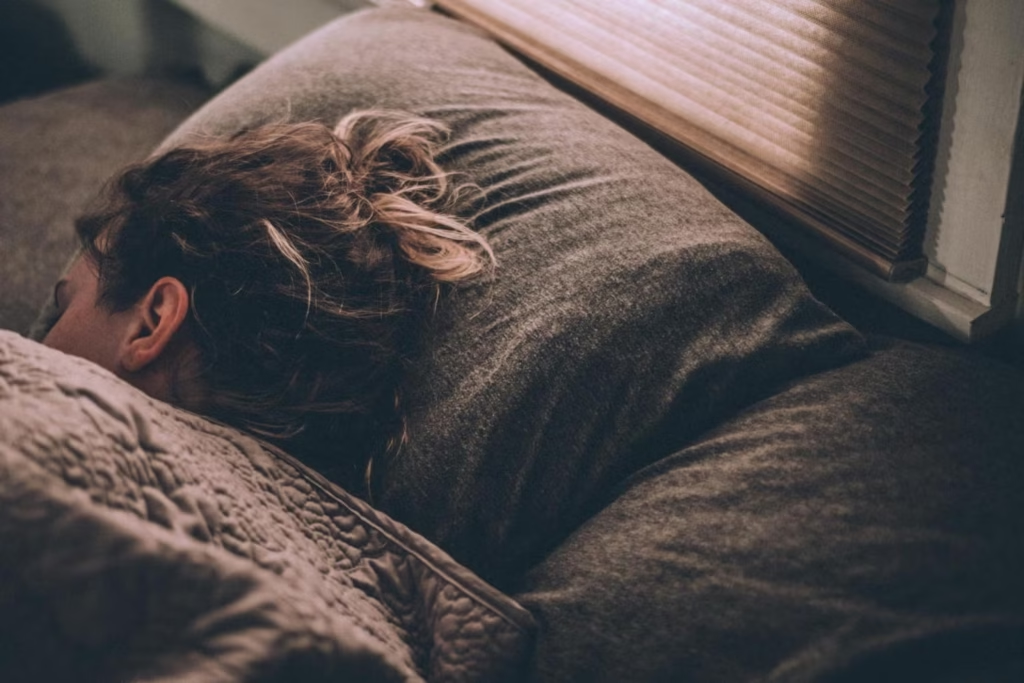If you have trouble falling asleep or staying asleep for a time sequence, you’ll feel more tired or frustrated, but you can also subtract years of life expectancy, according to a new study published by Northwestern Medicine and the University of Surrey in the UK, published in the Journal of Sleep Research.
This new study has also found that people with diabetes are still more affected by a lack of sleep. Specifically, people with diabetes who already had frequent sleep problems were 87% more likely to die in the next nine years.
To conduct the study, the authors analyzed the existing data of almost half a million middle-aged participants in the UK Biobank Study. So far, and as the scientists have emphasized, the leading study examines the effect of the combination of insomnia and diabetes on mortality risk.
Sleep disturbances would mean a greater chance of death
Most of the selected participants had diabetes and also suffered frequent sleep disturbances. The research concluded that, due to this lack of sleep, they were 87% more likely to die from any cause (such as an accident or a heart attack) during the 8.9 years of follow-up to the study, compared to people without diabetes or sleep disturbances.
On the other hand, these people were also 12% more likely to die during this period of time than those who had diabetes but not frequent sleep disturbances.
In addition, the study’s author, Kristen Knutson, associate professor of neurology and preventive medicine at the Feinberg School of Medicine at Northwestern University, has also concluded that “if you don’t have diabetes, but suffer from sleep disorders,” they are still associated with an increased risk of dying, although emphasizing that it is higher in the case of diabetics.
We already knew that there is a strong relationship between poor sleep and poor health, but this illustrates the problem brazenly, as noted by the first author of the study, Malcolm von Schantz, professor of chronobiology at the University of Surrey.
You got sleep problems?
At this point, Professor Knutson recommends asking a very simple, but very broad question, because it is easy to know if we have sleep problems, but there are many reasons why one cannot sleep well.
Thus, Kristen Knutson recommends that if someone experiences sleep disturbances, it is advisable to consult a doctor so that they can be addressed. Is it just noise, light, or something more important, like insomnia or sleep apnea? These are the most vulnerable patients who need support, therapy, and research of their disease, the professor emphasizes.
Ultimately, the professor assures that the question that everyone should ask themselves is straightforward, because if you find it difficult to sleep at night or you wake up often in the middle of the night, it is best to start addressing sleep disorders at an earlier age and, hopefully, mitigate this higher risk of death,” concludes Knutson, in the Journal of Sleep Research.

